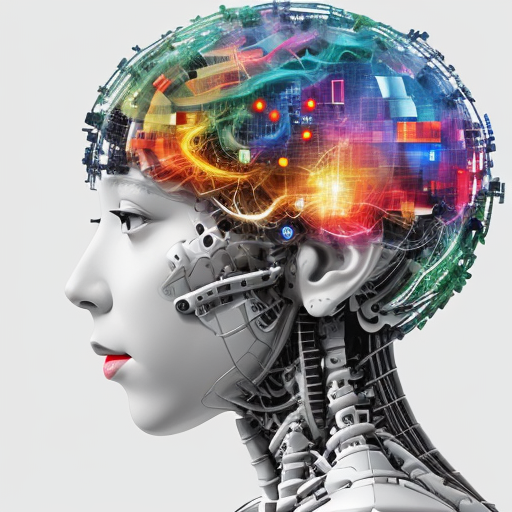The Power of Representation: Why Diversity Matters Now More Than Ever

In today’s increasingly interconnected world, the conversation around diversity and representation has taken on unprecedented urgency. From media and politics to workplaces and communities, the call for diverse voices and perspectives is louder than ever. Understanding why representation matters is crucial for fostering an inclusive society that benefits everyone.
Understanding Representation
Representation refers to the inclusion of diverse voices, identities, and experiences in various spheres of life. This includes race, gender, sexual orientation, age, ability, and more. When people see themselves reflected in leadership roles, media portrayals, and public narratives, it fosters a sense of belonging and validation. Representation is not just about numbers; it’s about the quality and authenticity of voices that contribute to shaping our collective experience.
The Impact on Society
Diversity in representation has profound implications for society. It broadens perspectives, challenges stereotypes, and enriches discussions. When diverse voices are included in decision-making processes, solutions become more comprehensive and innovative. This leads to policies and practices that are more equitable and effective, addressing the needs of a wider range of individuals.
Moreover, representation in media and culture can influence societal attitudes. Positive portrayals of diverse characters can combat harmful stereotypes and promote understanding and acceptance. For instance, films and television shows that showcase multifaceted characters from various backgrounds can inspire empathy and drive social change.
The Importance in Business
In the business world, diversity is not just a moral imperative; it’s a strategic advantage. Companies that prioritize diverse representation often see enhanced creativity, improved problem-solving, and greater employee satisfaction. Research shows that diverse teams are more innovative and better at navigating complex challenges.
Moreover, representation in leadership positions can have a cascading effect. When individuals from underrepresented groups see leaders who look like them, it can inspire future generations to pursue their ambitions. This creates a cycle of empowerment that strengthens communities and drives economic growth.
The Role of Education
Education is a critical arena for fostering diversity and representation. Inclusive curricula that reflect a variety of perspectives help students understand and appreciate differences. When children learn about the contributions of diverse figures in history, science, and culture, they develop a broader worldview and greater respect for others.
Furthermore, educational institutions that embrace diversity create environments where all students feel valued and supported. This not only enhances academic performance but also prepares students to thrive in an increasingly diverse workforce and society.
Challenges and Resistance
Despite the growing recognition of the importance of representation, challenges remain. Systemic barriers, such as bias and discrimination, continue to hinder progress. Resistance to change can stem from entrenched power structures that benefit from the status quo.
To address these challenges, it’s crucial to engage in honest conversations about privilege and inequality. Organizations, communities, and individuals must actively work to dismantle barriers and create inclusive spaces where diverse voices can thrive.
A Call to Action
As we navigate the complexities of our modern world, the need for representation has never been clearer. It requires a concerted effort from all of us—individuals, organizations, and governments—to prioritize diversity in every aspect of life. This includes advocating for inclusive policies, supporting diverse leaders, and amplifying marginalized voices.
Every effort counts, whether it’s promoting diversity in hiring practices, advocating for diverse representation in media, or simply listening to and uplifting the stories of those around us. By embracing the power of representation, we can create a more equitable and just society for all.
Conclusion
The power of representation is a catalyst for change, shaping the narratives and structures that define our world. In a time when division often dominates discourse, embracing diversity can lead to greater understanding, innovation, and progress. By prioritizing representation now, we can build a future that reflects the rich tapestry of human experience, fostering a society where everyone has the opportunity to thrive.







